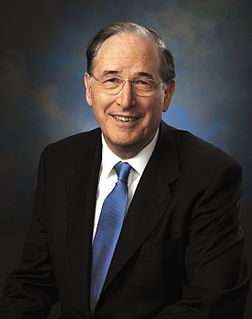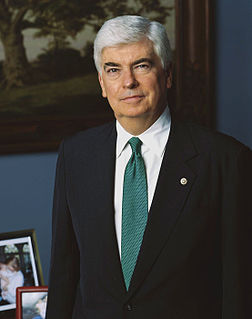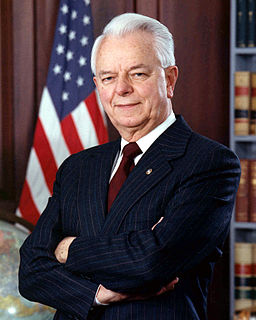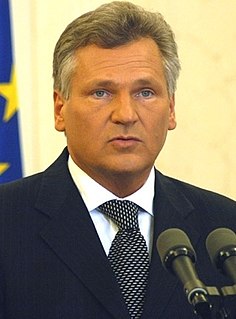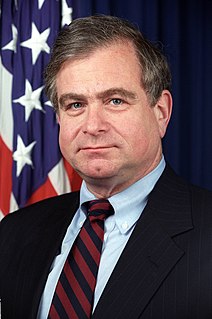A Quote by Charles B. Rangel
Under Saddam Hussein, the nation of Iraq possessed and used chemical weapons against both their own Kurdish population and Iranian military forces.
Related Quotes
Saddam's existing biological and chemical weapons capabilities pose a very real threat to America, now. Saddam has used chemical weapons before, both against Iraq's enemies and against his own people. He is working to develop delivery systems like missiles and unmanned aerial vehicles that could bring these deadly weapons against U.S. forces and U.S. facilities in the Middle East.
It [the intelligence service] concludes that Iraq has chemical and biological weapons, that Saddam has continued to produce them, that he has existing and active military plans for the use of chemical and biological weapons, which could be activated within 45 minutes, including against his own Shia population; and that he is actively trying to acquire nuclear weapons capability.
There is no question that Iraq possesses biological and chemical weapons and that he [Saddam Hussein] seeks to acquire additional weapons of mass destruction, including nuclear weapons. That is not in debate. I also agree with President Bush that Saddam Hussein is a threat to peace and must be disarmed, to quote President Bush directly.
The last UN weapons inspectors left Iraq in October of 1998. We are confident that Saddam Hussein retains some stockpiles of chemical and biological weapons, and that he has since embarked on a crash course to build up his chemical and biological warfare capabilities. Intelligence reports indicate that he is seeking nuclear weapons.
I come to this debate, Mr. Speaker, as one at the end of 10 years in office on the Permanent Select Committee on Intelligence, where stopping the proliferation of weapons of mass destruction was one of my top priorities. I applaud the President on focusing on this issue and on taking the lead to disarm Saddam Hussein... Others have talked about this threat that is posed by Saddam Hussein. Yes, he has chemical weapons, he has biological weapons, he is trying to get nuclear weapons.
What we said publicly is that we know that Saddam Hussein has chemical weapons, he's used them; we know about his biological weapons programs; and in the nuclear equation, left to his own devices, with no fissile material, by the end of the decade, he'll have a nuclear weapon. But if fissile material is provided to Saddam Hussein, he'll have a nuclear weapon within a year, so I'd say the year is the outside timetable.
The administration took care of a source of instability in Iraq. Envision a world in which Saddam Hussein was rushing for a nuclear weapon to compete against Iran. My decision to remove Saddam Hussein was the correct decision in my judgment. We didn't find the weapons we thought we would find or the weapons everybody thought he had. But he was a significant source of instability.
If you allow someone like Saddam Hussein to get nuclear weapons, ballistic missiles, chemical weapons, biological weapons, how many people is he going to kill with such weapons? He's already demonstrated a willingness to use these weapons. He poison-gassed his own people. He used poison gas and other weapons of mass destruction against his neighbors. This man has no compunction about killing lots and lots of people. So this is a way to save lives and to save the stability and peace of a region of the world that is important to the peace and security of the entire world.
Saddam Hussein is a risk-taking aggressor who has attacked four countries, used chemical weapons against his own people, professed a desire to harm the United States and its allies, and, even faced with the prospect of his regime's imminent destruction, has still refused to abide by Security Council demands that he disarm.
The evidence about Saddam having actual biological and chemical weapons, as opposed to the capability to develop them, has turned out to be wrong. I acknowledge that and accept it. I simply point out, such evidence was agreed by the whole international community, not least because Saddam had used such weapons against his own people and neighbouring countries.

